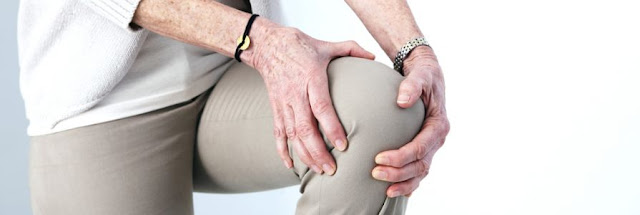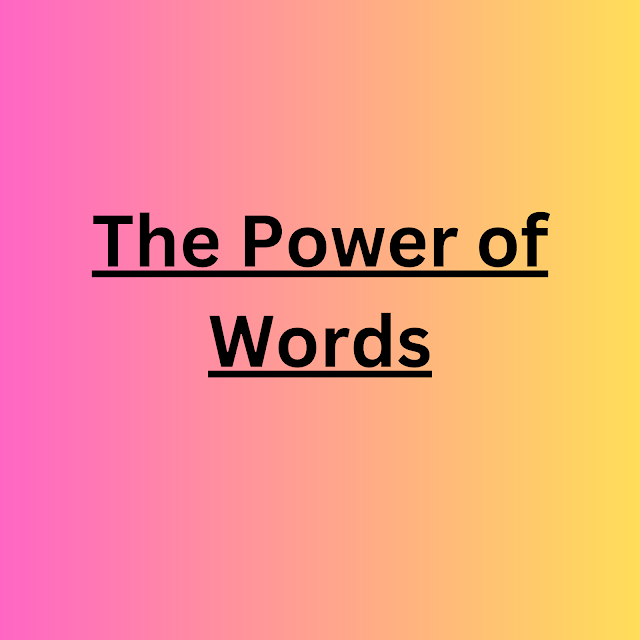Want strong bones?Stop These Bad Eating Habits
Many of you are familiar with bone-healthy foods that reduce cortisol and decrease the symptoms of stress and anxiety. But did you know that some eating habits and foods do exactly the opposite?
Find below seven eating habits and foods that you’ll want to avoid not only for your bone health, but for your emotional health as well.
1.Skipping Meals
It’s easy to miss meals if you’re in a hurry or distracted, especially breakfast. While missing one now and then isn’t bad, if meal-skipping becomes a habit, it habitually destabilizes your blood sugar and sets the stage for moodiness, irritability, and anxiety.
Missing a meal also means you’re missing an opportunity to balance your pH and strengthen your bones with nutritious foods.
2.Fried And/Or Processed Foods
Highly-processed, packaged foods are low in nutritive value and high in sodium, sugar, and more often than not, synthetic chemicals and food additives. In addition, bone-damaging hydrogenated oils are often used in fried and packaged foods.
3.Refined Grains vs. Whole Grains
If you’re following the pH-balanced nutritional plan described in the Save Our Bones Program, then you know that grains in general are not emphasized. But grains are not off-limits, either, and many of them contain bone-building nutrients. So when you do eat grain-based foods (such as pasta) as part of your bone-nourishing diet, make sure you’re eating a variety of whole grains rather than refined ones, and here’s why.
“White” foods like pastries, cakes, commercial white bread, etc. act much like sugar in the body.
4.Excessive Sugar Intake
In addition to skewing blood sugar levels, eating too much refined sugar (including corn syrup) can lead to additional sugar cravings – a cycle that can be hard to break. And if you continue in this cycle and indulge in lots of sugar, your bones will pay a heavy price.
5.Constant Coffee Consumption
The coffee habit is a common one. Its caffeine content provides an energy boost, augmented by large amounts of sugar, flavored syrups, or sweetened commercial creamers. But all that energy is just an illusion; the stimulant effects of caffeine are temporary, and can leave you feeling more tired. What’s more, caffeine too late in the day can keep you awake at night, contributing to exhaustion that makes you want more to stay awake the next day.
6.High Salt Consumption
Classic “junk foods” like nachos and potato chips tend to be a go-to food during times of stress, anxiety, or depression; but with few exceptions, they are high in sodium, which can harm your bones and increase anxiety in a variety of ways.
Table salt consists of sodium and chloride; nothing else. Consuming it in isolation skews important mineral and electrolyte balance in the body, and promotes metabolic acidosis which leads to loss of bone density. Sodium depletes calcium from the bones, too – studies have shown that the more sodium that is consumed, the more calcium is excreted in the urine.So by consuming excessive sodium, you’re depleting your body’s available potassium, contributing to depression, anxiety, and an overall bad mood.
On the contrary, “whole” salts like sea salt, pink Himalayan salt, and other unrefined salts include many minerals and components besides simply sodium and chloride. Of course, these salts should also be used in moderation; but by simply avoiding processed, fried foods as discussed above and preparing more meals at home using unrefined salt to taste, you’ll likely have your sodium intake in check.
Credit: http://saveourbones.com/
Find below seven eating habits and foods that you’ll want to avoid not only for your bone health, but for your emotional health as well.
1.Skipping Meals
It’s easy to miss meals if you’re in a hurry or distracted, especially breakfast. While missing one now and then isn’t bad, if meal-skipping becomes a habit, it habitually destabilizes your blood sugar and sets the stage for moodiness, irritability, and anxiety.
Missing a meal also means you’re missing an opportunity to balance your pH and strengthen your bones with nutritious foods.
2.Fried And/Or Processed Foods
Highly-processed, packaged foods are low in nutritive value and high in sodium, sugar, and more often than not, synthetic chemicals and food additives. In addition, bone-damaging hydrogenated oils are often used in fried and packaged foods.
3.Refined Grains vs. Whole Grains
If you’re following the pH-balanced nutritional plan described in the Save Our Bones Program, then you know that grains in general are not emphasized. But grains are not off-limits, either, and many of them contain bone-building nutrients. So when you do eat grain-based foods (such as pasta) as part of your bone-nourishing diet, make sure you’re eating a variety of whole grains rather than refined ones, and here’s why.
“White” foods like pastries, cakes, commercial white bread, etc. act much like sugar in the body.
4.Excessive Sugar Intake
In addition to skewing blood sugar levels, eating too much refined sugar (including corn syrup) can lead to additional sugar cravings – a cycle that can be hard to break. And if you continue in this cycle and indulge in lots of sugar, your bones will pay a heavy price.
5.Constant Coffee Consumption
The coffee habit is a common one. Its caffeine content provides an energy boost, augmented by large amounts of sugar, flavored syrups, or sweetened commercial creamers. But all that energy is just an illusion; the stimulant effects of caffeine are temporary, and can leave you feeling more tired. What’s more, caffeine too late in the day can keep you awake at night, contributing to exhaustion that makes you want more to stay awake the next day.
6.High Salt Consumption
Classic “junk foods” like nachos and potato chips tend to be a go-to food during times of stress, anxiety, or depression; but with few exceptions, they are high in sodium, which can harm your bones and increase anxiety in a variety of ways.
Table salt consists of sodium and chloride; nothing else. Consuming it in isolation skews important mineral and electrolyte balance in the body, and promotes metabolic acidosis which leads to loss of bone density. Sodium depletes calcium from the bones, too – studies have shown that the more sodium that is consumed, the more calcium is excreted in the urine.So by consuming excessive sodium, you’re depleting your body’s available potassium, contributing to depression, anxiety, and an overall bad mood.
On the contrary, “whole” salts like sea salt, pink Himalayan salt, and other unrefined salts include many minerals and components besides simply sodium and chloride. Of course, these salts should also be used in moderation; but by simply avoiding processed, fried foods as discussed above and preparing more meals at home using unrefined salt to taste, you’ll likely have your sodium intake in check.
Credit: http://saveourbones.com/




Comments
Post a Comment